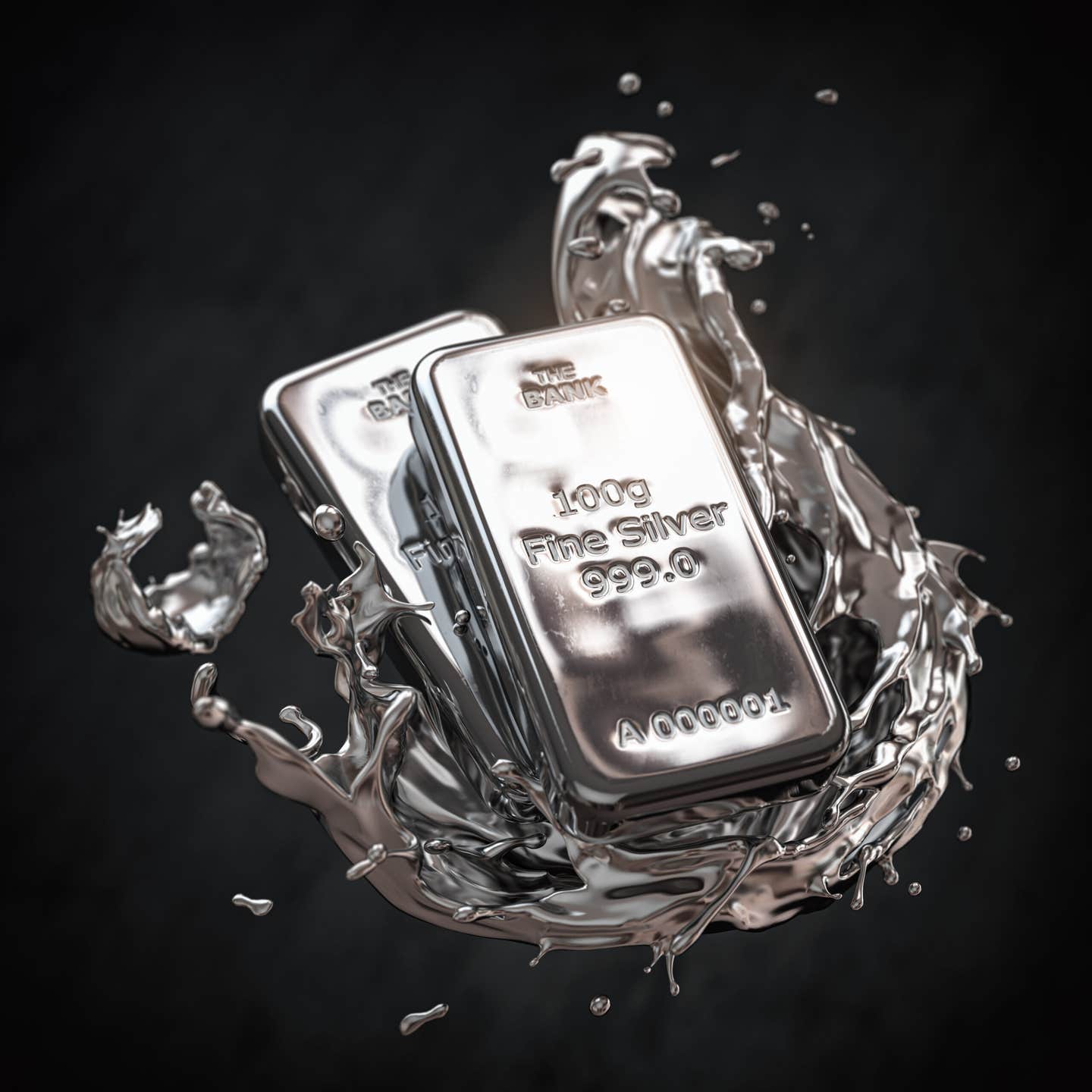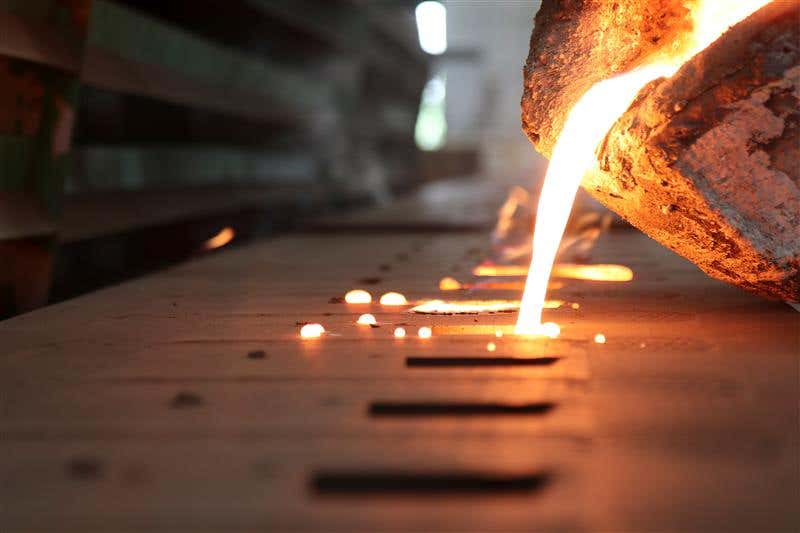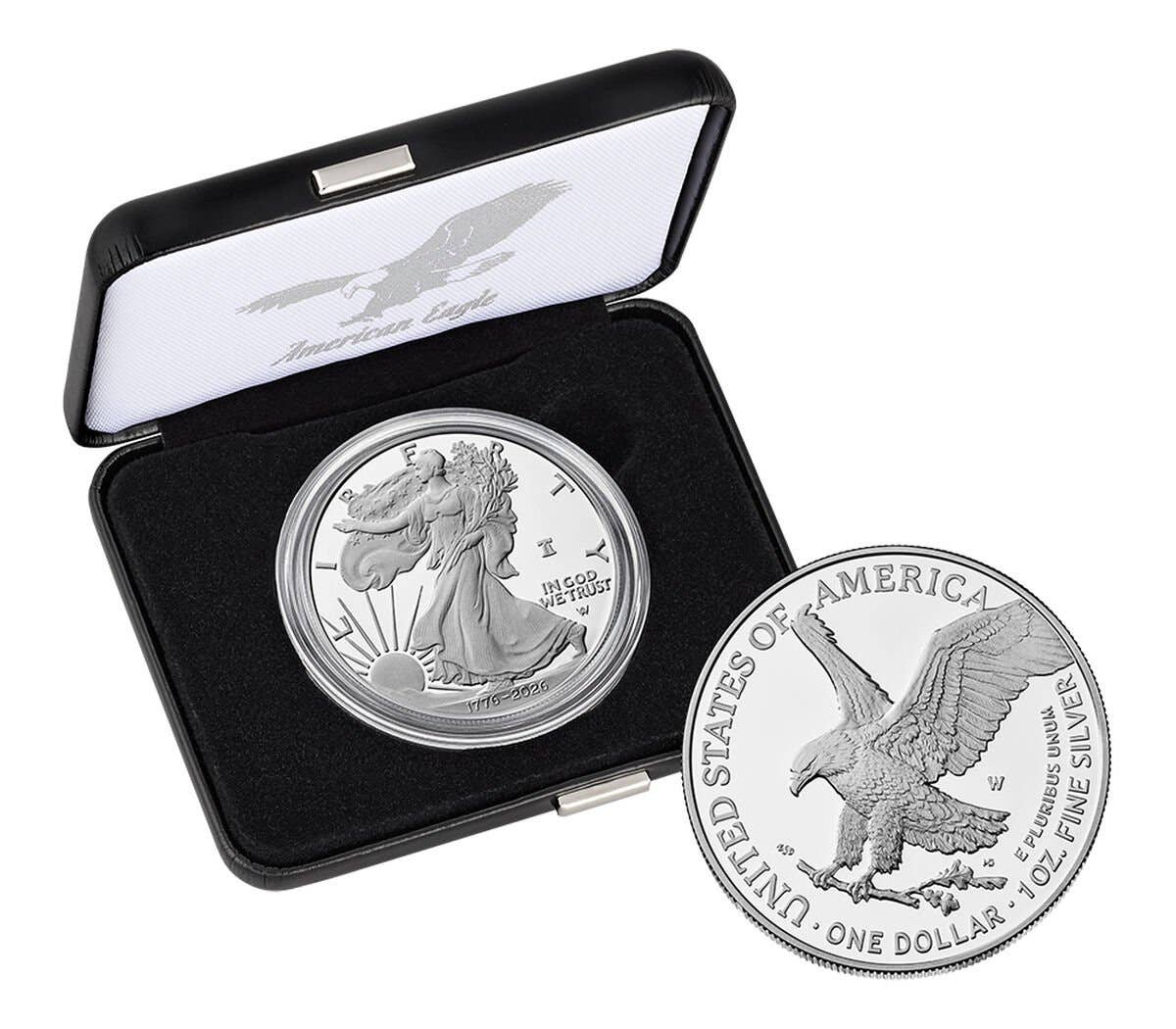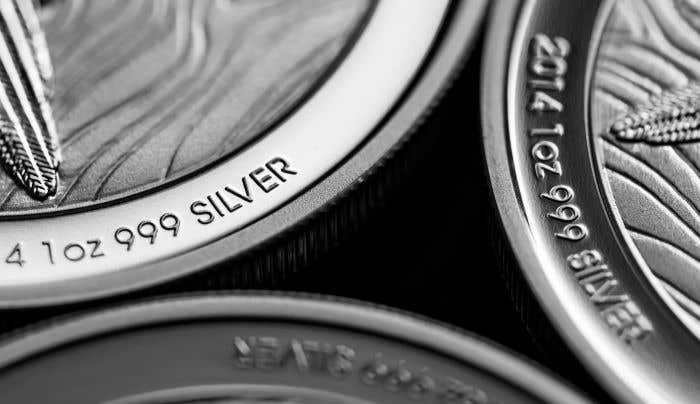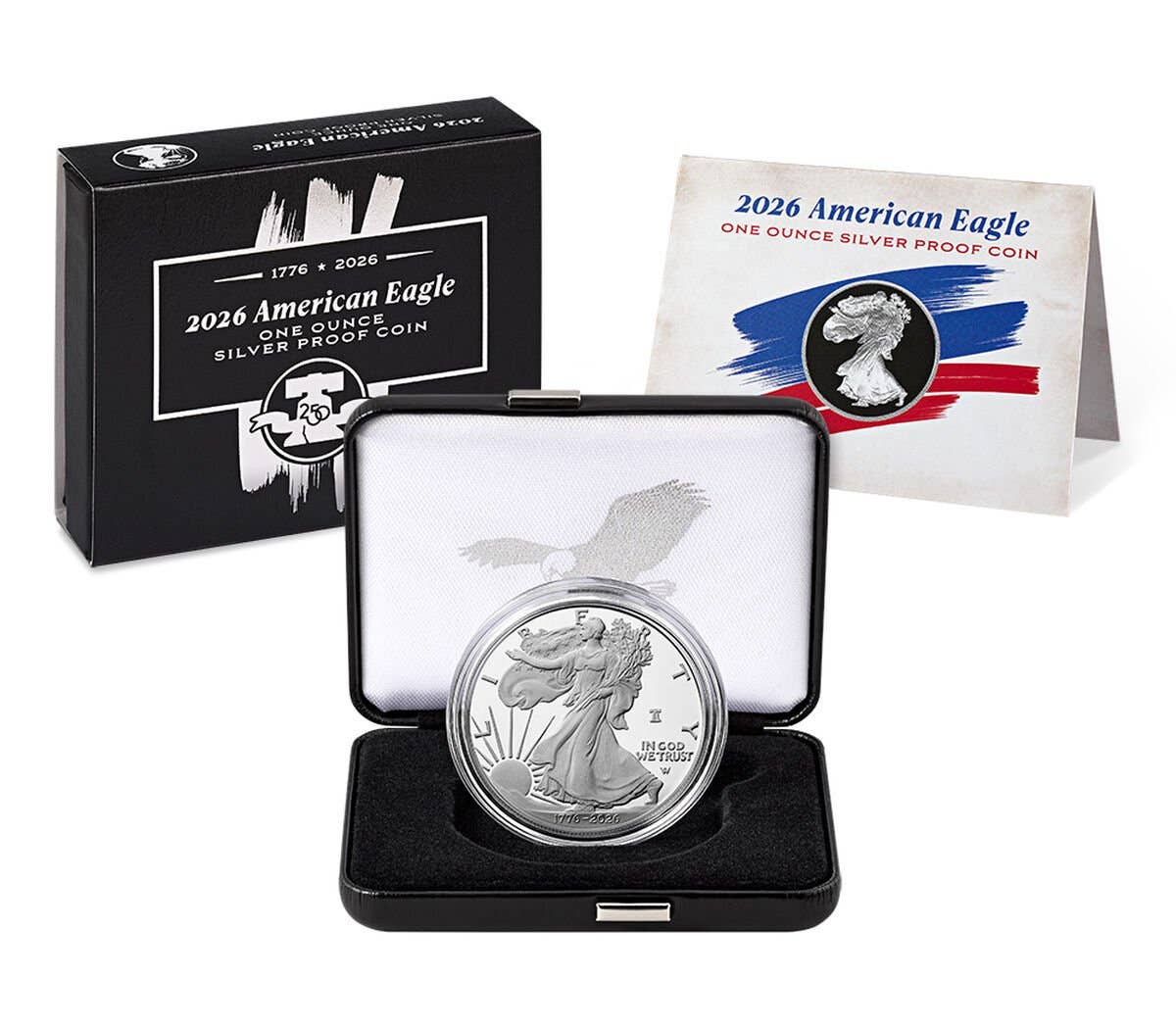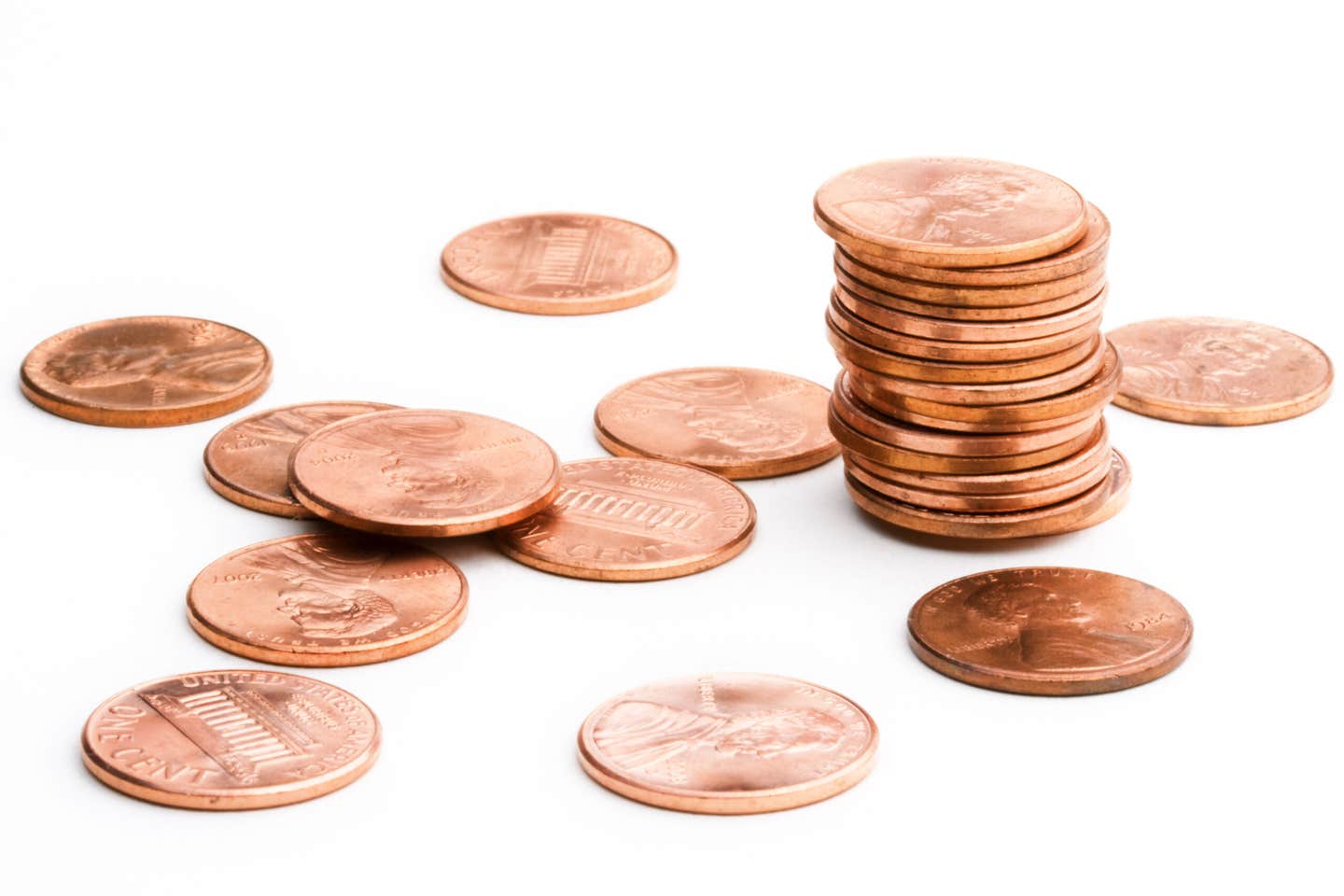Update on 2023 Sales Tax Exemptions
Mississippi governor recently signed into law a sales and use tax exemption for precious metals bullion, coins and currency. Mississippi will become the 42nd state that either has no state sales tax or has enacted complete or partial sales and use tax exemptions on retail sales of precious metals bullion, coins and currency.
As many of you may have heard by now, Wednesday last week (April 19) the governor of Mississippi signed into law a sales and use tax exemption for precious metals bullion, coins and currency.
As stated in the law:
The tax levied by this chapter shall not apply to the following:
(aaa) Sales of coins, currency, and bullion. For the purposes of this paragraph (aaa), the following words and phrases shall have the meanings ascribed in this paragraph (aaa) unless the context clearly indicates otherwise:
(i) “Bullion” means a bar, ingot, or coin:
1. Manufactured, in whole or in part, of gold, silver, platinum, or palladium;
2. That was or is used solely as a medium of exchange, security, or commodity by any state, the United States Government, or a foreign nation; and
3. Sold based on the intrinsic value of the bar, ingot, or coin as a precious metal or collectible item rather than its form or representative value as a medium of exchange.
(ii) “Coin or currency” means a coin or currency:
1. Manufactured, in whole or in part, of gold, silver, other metal, or paper;
2. That was or is used solely as a medium of exchange, security, or commodity by any state, the United States Government, or a foreign nation; and
3. Sold based on the intrinsic value of the coin or currency as a precious metal or collectible item rather than its form or representative value as a medium of exchange.
“Coin or currency” does not include a coin or currency that has been incorporated into jewelry.
SECTION 3. This act shall take effect and be in force from and after July 1, 2023.
Thus, as of July 1, 2023, Mississippi will become the 42nd state that either has no state sales tax or has enacted complete or partial sales and use tax exemptions on retail sales of precious metals bullion, coins and currency. Nevada also has a partial sales tax exemption established by regulation rather than law.
There were several similar exemption efforts in 2023.
Kentucky. A bullion, coin and currency sales and use tax exemption was included in Kentucky’s revenue bill that was approved by the House. When it was sent to the Senate, however, that provision was dropped from the bill that the chamber approved. In negotiations to come to an agreement between the differences between the versions approved in the two chambers, the exemption was not restored. The Kentucky legislative session has ended for the year.
Alaska. House Bill 3 was introduced in January to exempt “specie” gold and silver coin or bullion from local borough sales and use taxes. Alaska has no state sales or use taxes, but some boroughs do impose a local sales and use tax (Anchorage does not). This bill was referred to the House Finance Committee in February, which has not taken any action on it. Prospects are uncertain.
Maine. Legislative Document 1051 was introduced in March to exempt gold and silver coins and bullion from sales and use tax. It was assigned to the Joint Taxation Committee, where on April 6 it voted for a divided report. Prospects are uncertain.
New Jersey. In 2022, Senate Bill 1825 was introduced to adopt a sales and use tax exemption on gold, silver, platinum and palladium bullion products and investment coins (defined in the bill as any coin with a unit selling price of $1,000 or more). It was referred to the Senate Budget and Appropriations Committee. Assembly Bill 5294 with identical language was introduced in March 2023. It was referred to the Assembly Commerce and Economic Development Committee. Prospects are uncertain.
Vermont. House Bill 295 was introduced in February. It would establish a partial sales and use tax exemption on sales of gold and silver bullion as well as coins, but only on the portion of the transaction that exceeds $1,000. The first $1,000 of any transaction would still be subject to Vermont sales taxes of 6 percent statewide and up to another 1 percent locally. The bill was directed to the House Ways and Means Committee. Prospects are uncertain.
Wisconsin. In February Assembly Bill 29 and Senate Bill 33 with identical language were introduced to establish a sales and use tax exemption on precious metals bullion and coins that have at least a 35 percent content of gold, silver, platinum or palladium. The Senate bill was referred to the Committee on Universities and Revenue while the Assembly bill was referred to the Committee on Ways and Means. A fiscal estimate report was reported projecting that adoption into law would lead to a loss of $3.7 million in sale and use tax collections, which overestimates the correct amount by several times. Efforts are currently focused on rebutting the excessive fiscal estimate. Prospects are uncertain.
When considering such exemptions, government officials have consistently overestimated how much sales and use taxes are collected. They simply do not have information available on how much sales tax collections coming from dealers in precious metals bullion, coins and currency come from such merchandise and how much comes from other merchandise that such businesses sell such as antiques, jewelry, other collectibles, second-hand merchandise and hobby supplies.
These fiscal analyses also do not reflect the options available to affluent investors to acquire precious metals where no sales taxes would be owed – purchases for storage in vaults in Delaware and other states with no sales taxes, precious metals commodity futures and options contracts, shares in precious metals exchange traded funds, shares of precious metals mining companies, or certificates of ownership of precious metals bullion and coins stored in the vaults of the Perth Mint in Australia, Royal Mint in England, or the Royal Canadian Mint in Canada.
Perhaps the most significant impact of how sales taxes discourage direct purchases of physical precious metals and coins comes from the analysis of the sales at the company I used to own and where I still work. In 1997, when we had to charge Michigan sales taxes on precious metals bullion and coins, less than 1 percent of such transactions were at least $5,000 in size. After the exemption was adopted in Michigan in 1999, our in-state retail sales of precious metals bullion and coins soared. By 2011, while our out-of-state sales and our in-state wholesale sales grew five to six times what they were in 1997, our in-state retail sales of precious metals, bullion and coins increase more than 25 times. Part of the reason for the outsized increase was that 94 percent of that sales volume in 2011 was for transactions of $5,000 or more.
Although only one exemption bill has become law thus far in 2023, the other good news is that there were no bills introduced to revoke existing exemptions.
The National Coin & Bullion Association (formerly know as the Industry Council for Tangible Assets, www.ncbassoc.org) has accumulated a large amount of documentation on this issue. It demonstrates how precious metals bullion, coin and currency sales and use tax exemptions stimulate the establishment of more businesses, industry employment and more attendance at coin shows (meaning more business for the hospitality industry). Almost certainly, the increased sales and other tax collections generated by such sales tax exemptions exceed the tax collections lost as a result of such exemptions.
Patrick A. Heller was honored as a 2019 FUN Numismatic Ambassador. He is also the recipient of the American Numismatic Association 2018 Glenn Smedley Memorial Service Award, 2017 Exemplary Service Award, 2012 Harry Forman National Dealer of the Year Award and 2008 Presidential Award. Over the years, he has also been honored by the Numismatic Literary Guild (including in 2021 for Best Investment Newsletter), Professional Numismatists Guild, Industry Council for Tangible Assets and the Michigan State Numismatic Society. He is the communications officer of Liberty Coin Service in Lansing, Mich., and writes Liberty’s Outlook, a monthly newsletter on rare coins and precious metals subjects. Past newsletter issues can be viewed at www.libertycoinservice.com. Some of his radio commentaries titled “Things You ‘Know’ That Just Aren’t So, And Important News You Need To Know” can be heard at 8:45 a.m. Wednesday and Friday mornings on 1320-AM WILS in Lansing (which streams live and becomes part of the audio archives posted at www.1320wils.com).




